News + Media
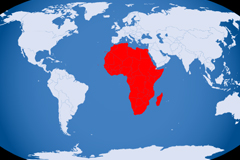 |
News ReleaseSeptember 22, 2014African technology and innovation leaders visit MITHigh-ranking African leaders in science, technology and innovation will gather at MIT on Sept 23 and 24 to explore areas for mutual cooperation. The visit is a reflection of the rising interest among African countries in putting science and technology at the center of their development process. As part of their visit, the African leaders will participate in a Starr Forum event "Africa Rebooted: Science Technology, and Innovation in Development." |
 |
News ReleaseSeptember 2, 2014British journalist Louisa Reynolds joins CISLouisa Reynolds, an independent journalist based in Guatemala City, Guatemala, has been selected as the 2014-15 IWMF Elizabeth Neuffer Fellow. Reynolds is the tenth recipient of the annual fellowship, which gives a woman journalist the opportunity to develop expertise while focusing on human rights journalism and social justice issues. |
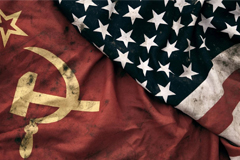 |
In the NewsAugust 19, 2014A farewell to armsAnne-Marie CorleyMIT Technology ReviewAs the Cold War ended, MIT researcher Thomas Neff came up with a plan to fuel U.S. nuclear plants with uranium from Russian bombs. With more than a decade of quiet diplomacy, he pulled it off. |
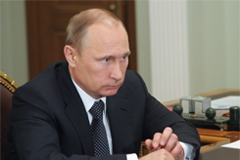 |
Analysis + OpinionJuly 25, 2014Putin in July (or the fight for Russia’s soul)Elizabeth A. WoodWashington PostThe shooting down of Malaysia Airlines flight 17 has put Vladimir Putin in a bind, evidence that he has unleashed forces in Eastern Ukraine that he cannot entirely control. But he may have also unleashed forces in Moscow, which, while still not very strong, are beyond his control. |
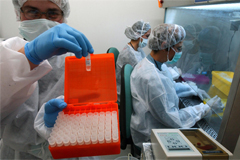 |
Analysis + OpinionJuly 21, 2014Smallpox: the long goodbyeJeanne GuilleminBulletin of the Atomic ScientistsLast week, six vials of smallpox virus were discovered in a disused closet at the National Institutes of Health, where they had lain, forgotten and misplaced, for over 30 years. |
 |
In the NewsJuly 17, 2014Genetically engineering almost anythingTim De Chant and Eleanor NelsenNovaWhen it comes to genetic engineering, we’re amateurs. Sure, we’ve known about DNA’s structure for more than 60 years, we first sequenced every A, T, C, and G in our bodies more than a decade ago, and we’re becoming increasingly adept at modifying the genes of a growing number of organisms. But compared with what's coming next, all that will seem like child's play. |
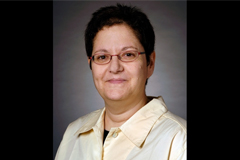 |
News@E40July 17, 2014In memoriam: JoAnn CarminAssociate Professor JoAnn Carmin passed away on July 15, 2014. Carmin had been on the faculty of MIT's Department of Urban Studies and Planning since 2003 and was the founding director of the Center's Program on Environmental Governance and Sustainability. "JoAnn was a great colleague, smart, savvy, and deeply committed to doing good in the world. She came to us with an idea for a new program, which she headed and made into a success—the Program on Environmental Governance and Sustainability. It was focused on student research, and I'm sure she made a huge difference in many students' lives," said John Tirman, executive director and principal research scientist at CIS. |
 |
In the NewsJuly 17, 20143 Qs: Kenneth Oye on genetic engineeringPeter DizikesMIT NewsKenneth Oye, an associate professor of political science and engineering systems who studies government regulation and directs MIT’s Program on Emerging Technologies, is lead author of an article in Science today making the case that the U.S. government, and international groups, need to adapt their procedures to enable more robust discussion and evaluation on genetic engineering. MIT News asked him to discuss the topic. |
 |
News ReleaseJuly 17, 2014New genome editing strategy for ecosystemsA cross-disciplinary team is calling for public discussion about a potential new way to solve longstanding global ecological problems by using an emerging technology called "gene drives." The advance could potentially lead to powerful new ways of combating malaria and other insect-borne diseases, controlling invasive species, and promoting sustainable agriculture. Kenneth Oye is author of the Science paper and director of the Center's Program on Emerging Technologies. MIT News Feature | Science Full Text |
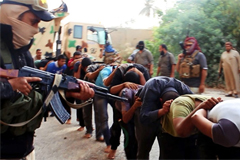 |
Analysis + OpinionJune 18, 2014The legacy of unlearned lessons, and the current crisis in IraqJohn TirmanWBUR: CognoscentiThe advances of the extremist group Islamic State of Iraq and Syria (ISIS) deep into the heart of Iraq from its base in Syria is an occasion for introspection in the United States. |



